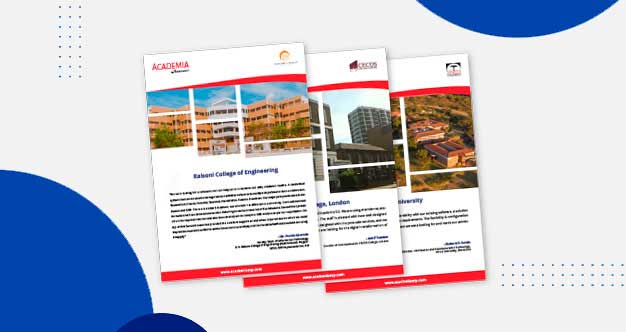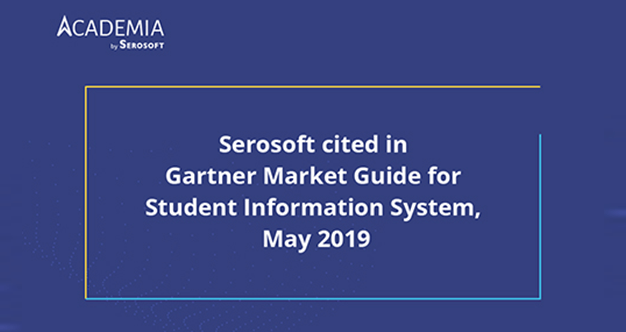The Pivotal Role of Modern Student Record Systems in Higher Education
Introduction:
In the rapidly evolving landscape of higher education, the importance of streamlined administrative processes cannot be overstated. Modern Student Record Systems (SRS) have emerged as pivotal tools that not only manage data efficiently but also revolutionize the way institutions operate. This blog delves into the multifaceted role of modern SRS in higher education, exploring how they contribute to improved efficiency, data security, and overall student success.
Streamlining Administrative Processes:
Efficient Data Management: Modern SRS goes beyond traditional record-keeping, offering dynamic platforms for managing and organizing student information. From enrollment details to academic progress, these systems ensure that data is easily accessible and updated in real-time.
Automated Workflows: With the integration of automation, SRS minimizes manual intervention in administrative tasks. This not only reduces the risk of errors but also frees up valuable time for administrative staff to focus on more strategic aspects of their roles.
Enhancing Student Experience:
Personalized Learning Paths: SRS enables institutions to create personalized learning paths for students. By tracking individual progress and performance, educators can tailor educational experiences to meet the unique needs of each student, fostering a more engaging and effective learning environment.
Real-Time Feedback and Communication: Communication is key in the educational journey. Modern SRS facilitates instant communication between students, faculty, and administrators. This real-time feedback loop ensures that issues are addressed promptly, enhancing the overall student experience.
Data Security and Compliance:
Secure Data Storage: In an era where data security is a top priority, modern SRS employs robust security measures to protect sensitive student information. Encrypted storage and secure access protocols ensure that data is safeguarded against unauthorized access.
Regulatory Compliance: Higher education institutions must adhere to various regulations. SRS helps in ensuring compliance with standards and regulations, such as GDPR or FERPA, by providing tools for secure data handling and reporting.
Improving Institutional Decision-Making:
Data-Driven Decision-Making: One of the significant advantages of modern SRS is its ability to generate actionable insights through data analytics. Institutions can make informed decisions based on trends, performance metrics, and other relevant data points.
Resource Optimization: By providing a comprehensive view of institutional resources and their utilization, SRS assists in optimizing resource allocation. This includes faculty workload, classroom utilization, and budget planning.
Conclusion:
In conclusion, the modern Student Record System – an integral part of the Student Information System (SIS), is pivotal in transforming higher education institutions into agile, efficient, and student-centric organizations. From streamlining administrative processes to enhancing student experiences and ensuring data security, these systems are indispensable in navigating the complexities of the modern educational landscape. Embracing and integrating these technologies is not just a step towards innovation; it’s a commitment to the success and growth of higher education in the 21st century.
Related Posts:
 Higher Ed Plans
Higher Ed Plans K12 Plans
K12 Plans










